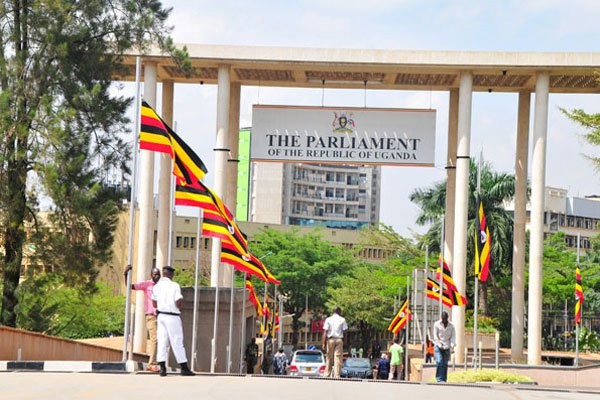News
Uganda’s Parliament Burns Through Taxpayers’ Money: A Whopping 108 Million Spent Every Hour!

In a startling revelation, Uganda’s Parliament has come under intense scrutiny for its extravagant use of taxpayers’ money, with an eye-popping UGX 108 million being spent every hour, according to recent reports.
With a budget totaling Shs945.5 billion for the current fiscal year, the Parliament’s expenditure averages a staggering Shs79 billion monthly. This translates to approximately Shs18.2 billion weekly or Shs2.6 billion daily, equivalent to a jaw-dropping Shs108 million per hour.
The scrutiny intensified with the disclosure of the budget estimates for the 2023/2024 financial year, revealing a significant increase in allocations compared to the previous year, amounting to an additional Shs30.6 billion.
Responsibilities for managing the finances of the Parliament lie with the Parliamentary Commission, overseeing various functions including staffing decisions, terms of service, and financial allocations. However, recent revelations have raised concerns about the transparency and accountability of these processes.
Key changes in budget allocations have also sparked controversy. While the allocations for the Speaker of Parliament and Deputy Speaker have seen significant increases, the allocation for the Leader of Opposition has notably decreased.
Furthermore, allegations of funds being disbursed through personal bank accounts of select staff members have surfaced, reminiscent of past financial scandals in government offices.
Agora Discourse, a platform advocating for public accountability, has been instrumental in shedding light on parliamentary expenditure. Led by Ms. Agather Atuhaire, the platform has uncovered questionable spending practices, fueling public debate and demands for accountability.
Despite these revelations, Parliament’s spokesperson, Chris Obore, has defended the allocation and disbursement processes, attributing discrepancies to exaggerated figures and emphasizing the broader context of parliamentary activities.
However, concerns persist regarding the authenticity of expenditure documents and the accountability of parliamentary staff, highlighting the need for independent verification of financial records.
The breakdown of the budget reveals significant allocations to various departments and functions within Parliament, reflecting the diverse operational needs of the institution. Mr. Obore emphasized the dynamic nature of budgetary allocations, subject to change based on evolving needs and priorities.
As public scrutiny mounts, questions about the responsible use of taxpayers’ money by Uganda’s Parliament loom large, underscoring the urgent need for transparency and accountability in financial management.
